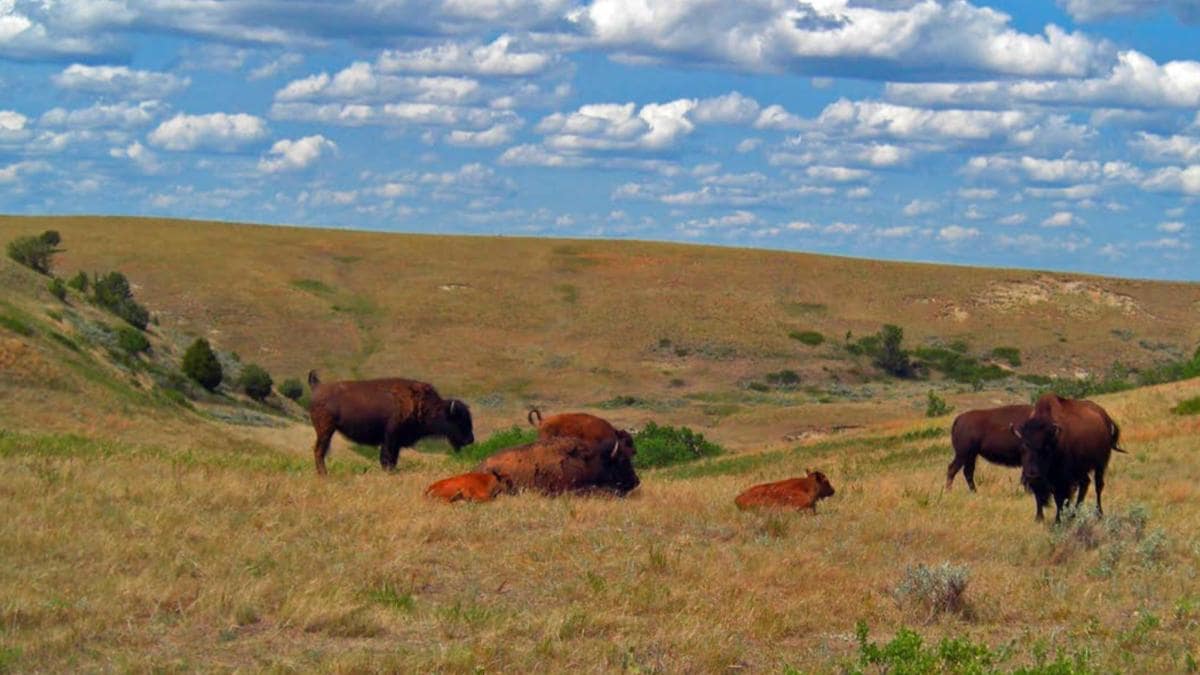At a glance
Each region of the United States experiences climate change and its impacts on health differently. Read about success stories in

Blackfeet Nation
In 2017, the Blackfeet Nation (located in what is now called Montana) received a mini-grant from the CDC via the National Indian Health Board (NIHB). With these funds, they produced a Blackfeet Community Climate Health Guide that addresses climate impacts and develops activities for engaging tribal community members and leaders in best practices for addressing climate-related health impacts. This collaborative process was community-driven and responsive to local climate and health needs. Community leaders now have a path for building community engagement and awareness surrounding the health impacts of climate change.
Winnebago Tribe of Nebraska
Indigenous peoples of Nebraska observe many climate changes, such as flooding. This not only impacts their traditional subsistence on wildlife but also their ability to be self-sufficient. The Winnebago Tribe of Nebraska is implementing a climate and health communication and preparation strategy to ready community members for future flooding and increase self-reliance. To encourage self-sufficiency, raised garden beds were provided by the Food Sovereignty program, and seeds were given to the community by the Little Priest Tribal College. The project will enhance Tribal resilience, strengthen capabilities for public health preparedness following emergencies, and engage local Tribal members to focus on rural ecosystem and health needs, including climate impacts on agriculture from flooding and drought. The Winnebago Tribe of Nebraska has received several mini-grants from the CDC via the National Indian Health Board (NIHB) to support this work.
